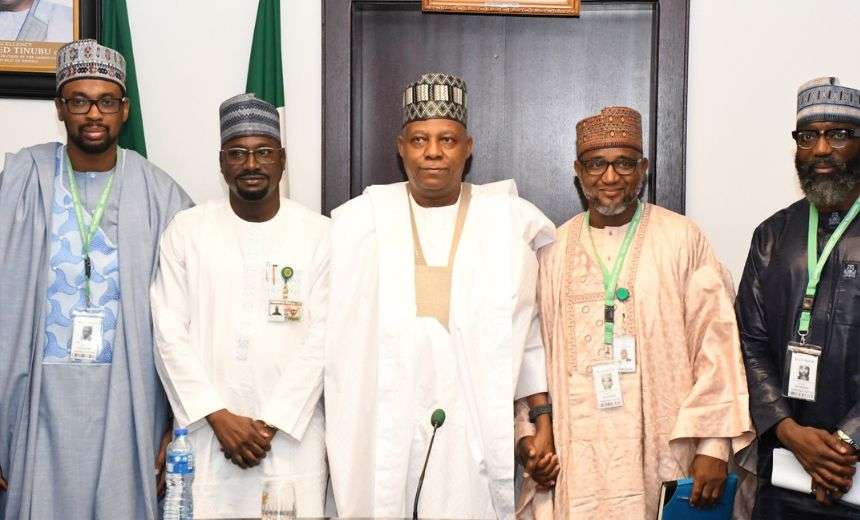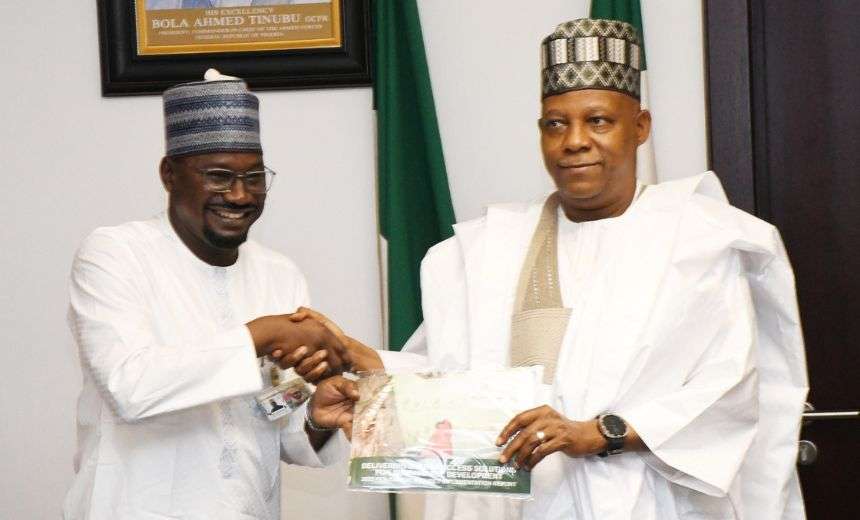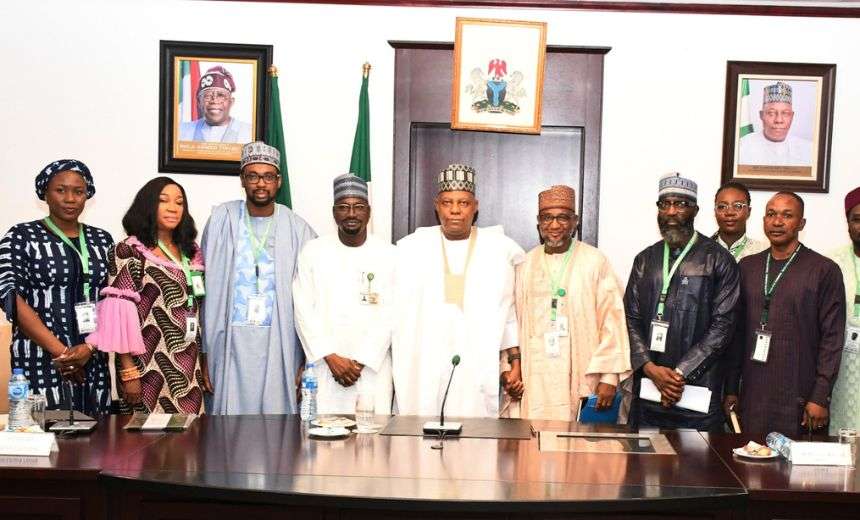Vice President, Kashim Shettima has implored the Rural Electrification Agency (REA) to double efforts in the bid to accelerate Nigeria’s journey towards universal electricity access and ensure Nigerians get more access to power supply.
Accordingly, he granted REA’s request to enter into a partnership with the National Economic Council (NEC) in order to have access to state governors and engage them in the drive towards electrifying communities across the country.

This is just as the agency said it has secured a grant of $750 million from the World Bank and African Development Bank (AfDB) for rural electrification projects across Nigeria.
Senator Shettima gave the charge on Friday when a delegation from REA, led by its Managing Director/CEO, Abba Abubakar Aliyu, made a presentation on the National Electrification and Implementation Plan (NESIP) to the Vice President in his office at the Presidential Villa, Abuja.
Urging REA to double efforts in giving more Nigerians access to electricity, the Vice President commended the agency for doing an outstanding job, taking into cognizance its efforts in several other sectors.

He however scored the agency low in terms of publicity, noting that it has performed poorly in creating awareness and keeping Nigerians abreast with ongoing efforts to address the electricity deficit in the country.
Granting the agency’s request to collaborate with NEC and the state governors for the electrification project, VP Shettima asked the management of REA to engage the Special Adviser to the President on NEC and Climate Change, Rukaiya El-Rufai, in order to make a formal presentation at the NEC meetings.
MUST READ:N1.2bn alleged fraud: Tinubu suspends Rural Electrification Agency CEO, others
Managing Director of the REA, Abba Abubakar Aliyu, listed four main sources of funding for the agency namely the World Bank, the African Development Bank (AfDB), and Electricity Market, which is the excess revenue of the liquidator and grants which comes from partnership with international development agencies where funds are normally provided to develop different models and concepts in the country.
Aliyu noted that before his appointment as the Managing Director of REA, he was heading the project management unit that was implementing a $550 million REA project funded by the World Bank and AfDB.
(Editor: Ebuwa Omo-Osagie)








